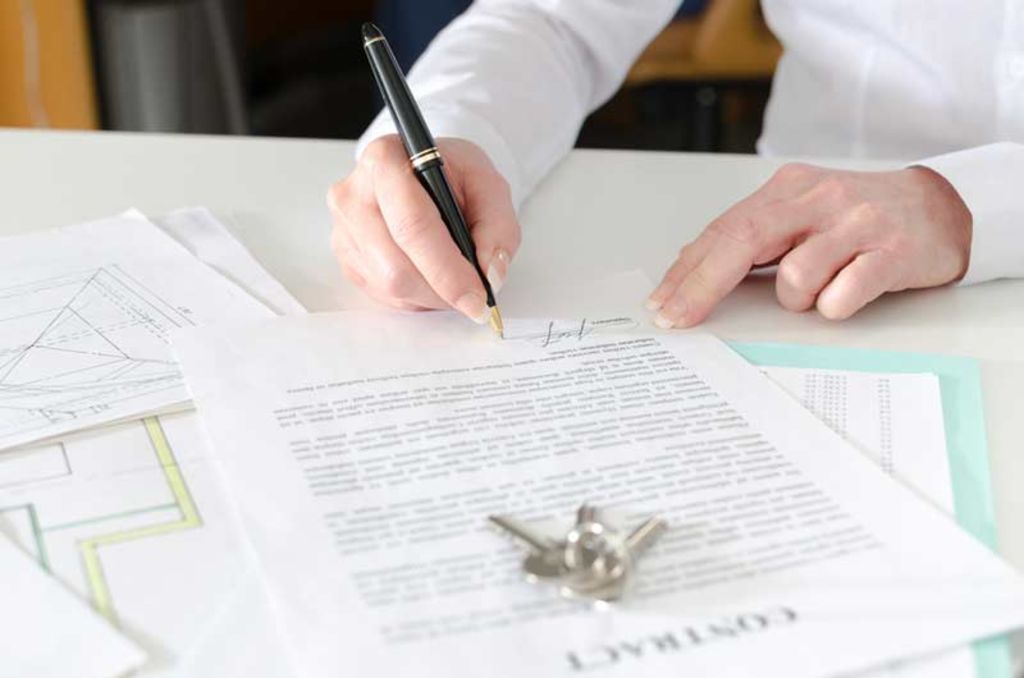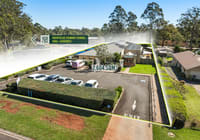
How do I renegotiate end of financial year leases?
The end of the financial year is the perfect time to negotiate a better lease agreement. What steps do you need to take to ensure success?
Landlords and tenants have conflicting interests. The landlord wants to get the best return on their property investment, while the tenant wants to minimise outgoing costs to increase profits. In spite of these differences, both landlords and tenants have one thing in common. They both want to come to a mutually beneficial arrangement to ensure a long-lasting, amicable business relationship.
The art of re-negotiating an end-of-financial-year lease requires an understanding of both your needs and those of your landlord. You can’t do this without having a thorough understanding of what’s in your lease agreement.
Lease agreements: The basics
Your lease agreement should include everything you need to know to make an informed decision. At a minimum, the landlord should have provided you with the following information:
- The names of the parties involved.
- The rental amount.
- When rent must be paid.
- The length of the lease.
- Further terms and conditions.
- What the landlord expects from the tenant.
- The landlord’s obligations.
These should provide you with the basic information you need to re-negotiate your lease. While the first four items are straightforward, there can be grey areas in the details of the agreement. Further terms and conditions may include annual rent increases and the method used to calculate them. The landlord may expect you to pay for maintenance and repair, but is the landlord obligated to pay for structural repairs not caused by the tenant?
Re-negotiating your lease
As a tenant, you want a lease that is long enough for you to establish your business and realise your business goals. Usually leases are for two or three years. A longer term lease can put you at risk should your business fail or you are forced to close for another reason. When your lease comes up for renewal, you will want to feel confident that your business is secure in its current location. Here are some things to consider before you re-negotiate your lease.
The method used to calculate rental increases. An annual percentage increase gives you the assurance of knowing how much your rent is going to increase each year. If rental increases are calculated based on the Consumer Price Index (CPI), your rental increases will be less certain, but may be lower if the landlord asks for too great a percentage increase.
Rather than asking for a longer lease, consider negotiating for renewal options. For example, you might want to negotiate for a renewable option of three years following a two-year lease and a further three to five year secondary renewal option.
Get rid of any grey areas in your lease. While your landlord can reasonably expect you to pay for maintenance and repairs, you don’t want to pay for repairs or renovations you have not requested and are not caused by you or your business.
Take a close look at your existing lease and make sure it includes provisions against leasing to competitors and other provisions that protect your business.
It can be easy to overlook important details in a lease. Before you re-negotiate your lease, consider hiring a solicitor to review your lease. They can help put your lease on more solid footing and they may be able to recommend alterations to the lease agreement that are more beneficial to you. Speak to your agent today about how to start the re-negotiating process.










